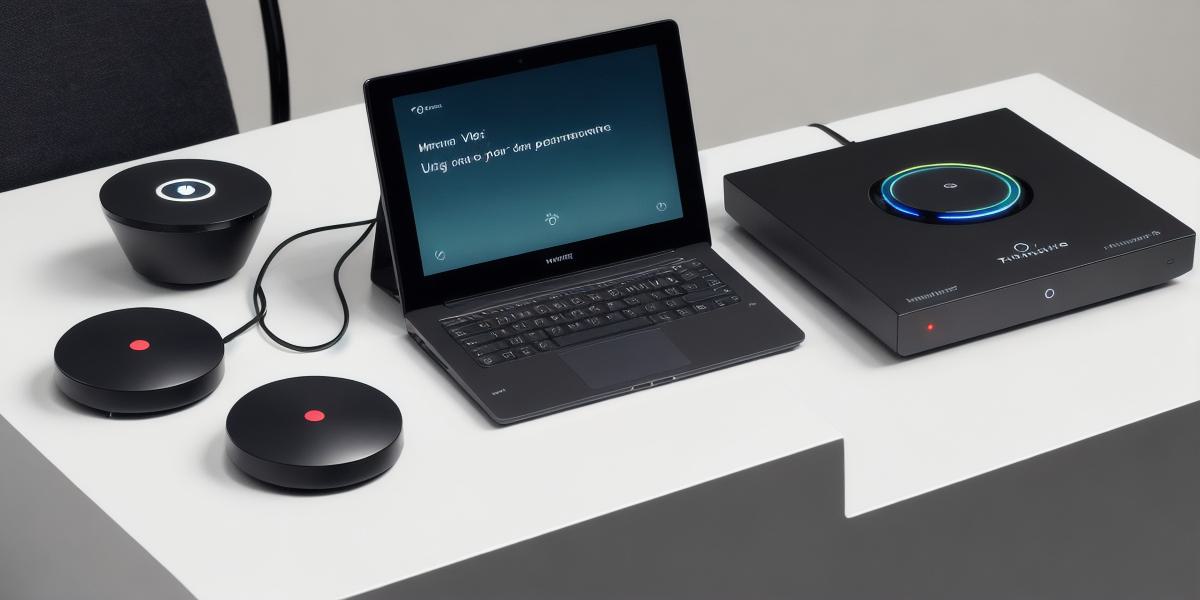“The Future of Voice Recognition: AI Technologies Leading the Way”

Voice recognition technology has come a long way since its early days, and it’s now an integral part of our daily lives. From virtual assistants like Siri and Alexa to smart home devices and hands-free car controls, voice recognition is transforming the way we interact with technology.
But what makes these AI technologies so effective? In this article, we will explore some of the most cutting-edge AI voice recognition systems currently on the market and examine their key features and capabilities.
One of the most advanced voice recognition systems available today is Google’s DeepMind. This AI system uses a combination of neural networks and machine learning algorithms to process speech data and convert it into text. It can also recognize accents and slangs from around the world, making it a valuable tool for businesses operating globally.
Another popular voice recognition technology is Amazon’s Alexa. Alexa uses natural language processing (NLP) to understand and respond to user queries. It can perform tasks like setting alarms, playing music, and controlling smart home devices, making it an essential tool for modern households.
Microsoft’s Cortana is another notable voice recognition system that has gained popularity in recent years. Cortana uses a combination of machine learning algorithms and data analysis to understand user queries and provide relevant responses. It also integrates with other Microsoft products like Outlook and OneDrive, making it a valuable tool for businesses looking to streamline their workflows.
One of the key advantages of AI voice recognition systems is their ability to learn from user behavior over time. This allows them to improve their accuracy and efficiency as they become more familiar with individual users’ speech patterns and preferences.
Despite its many benefits, voice recognition technology is not without its challenges. One of the biggest challenges facing these systems is ensuring that they are secure and protect user privacy. As voice data becomes increasingly valuable, it is essential that AI voice recognition systems have robust security measures in place to prevent unauthorized access and misuse of this sensitive information.
In conclusion, the future of voice recognition technology looks bright, with AI systems like DeepMind, Alexa, and Cortana leading the way. As these systems continue to evolve and improve, they will undoubtedly become an even more integral part of our daily lives, changing the way we interact with technology in ways we can only imagine.








